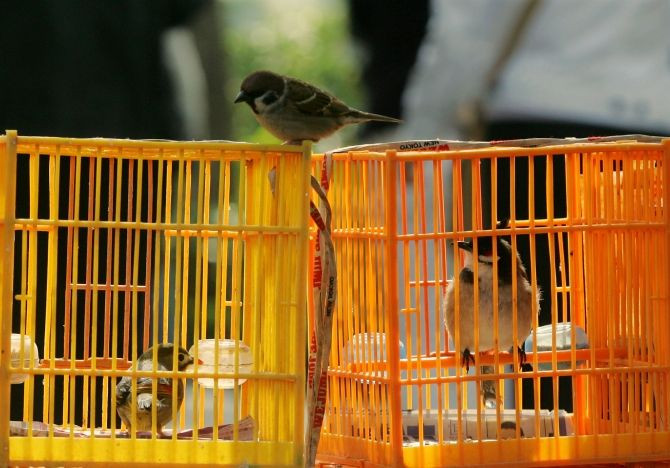Bird Flu Update: 10 Deaths And Possibly Drug Resistant

The H7N9 bird influenza has been reported to have taken another life in China. Ten people total have now died as a result of the infection, and 38 have been confirmed infected.
The majority of the infections and deaths are in and around Shanghai, ground zero for the new wave of bird flu. Previously, tens of thousands of birds were destroyed from a live market in Shanghai to prevent the spread of the disease further.
The newest death from the bird flu was a 74 year-old man who lived in the city. His death was announced at the same time that the government released information that three more people in Shanghai and two in a neighboring province were confirmed to be infected.
In the wake of the spread of the disease, governments like Japan and Thailand have been stocking up on Tamiflu, a medication that can be taken to stop the virus dead in its tracks in patients who are and have yet to be infected.
But a huge worry for health officials came to light when scientists sequenced the DNA of the first three flu cases in China and found that those virus' carry a mutation known to help the virus become resistant to Tamiflu. Although the Chinese Centers for Disease Control and Prevention said that virus specimens are sensitive to such medications, called neuraminidase inhibitors, more experimentation needs to be completed to make a strong conclusion.
If this virus becomes more virulent and spreads — particularly if a mutation makes it resistant to our current pharmaceutical line of defense — it could pose not only a regional risk in Asia, but could result in an untreatable global problem.



























